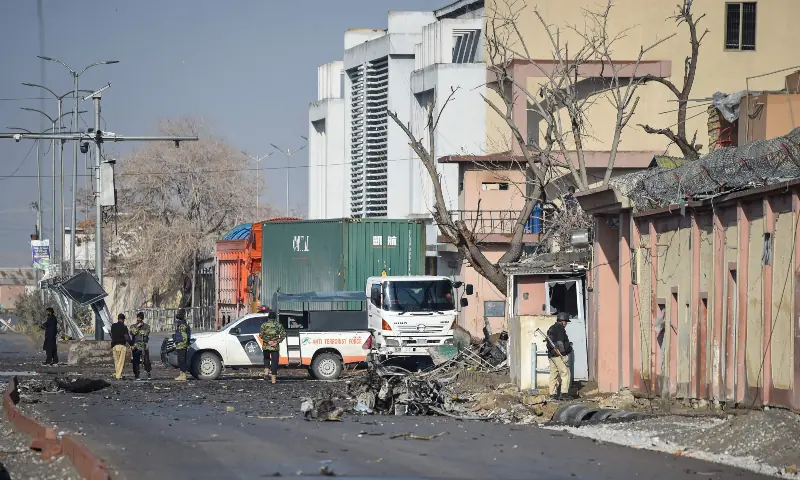Pakistan and Kenya have expressed resolve to strengthen trade relations, enhance cooperation, and work expeditiously on formalizing trade agreements.
During a meeting in Islamabad, the Minister for Commerce, Jam Kamal Khan, and the Kenyan High Commissioner expressed their resolve.
The Minister for Commerce reiterated Pakistan’s commitment to deepening ties with Kenya and the broader East African Community.
Highlighting Pakistan’s strategic location, the Minister underscored its potential role as a bridge for trade between Central Asian Republics and East Africa.
He invited Kenyan traders to explore opportunities in Himalayan pink salt, marble, and cement exports from Pakistan.
Jam Kamal proposed hosting an East African-specific trade conference in Pakistan.
The Kenyan High Commissioner appreciated recent developments such as tractor exports from Pakistan to Kenya.
Pakistan and Kenya remain committed to expanding their trade relations, fostering mutual growth through continued dialogue and collaboration.
Also See: Pakistan, Bangladesh Agree to Deepen Bilateral Cooperation
This news is sourced from Radio Pakistan and is intended for informational purposes only.

![Pakistan and Kenya aim to strengthen trade relations, enhance cooperation, and explore new business opportunities. [Image via Radio Pakistan]](https://southasiatimes.org/wp-content/uploads/2024/12/2719069021735007920.webp)




